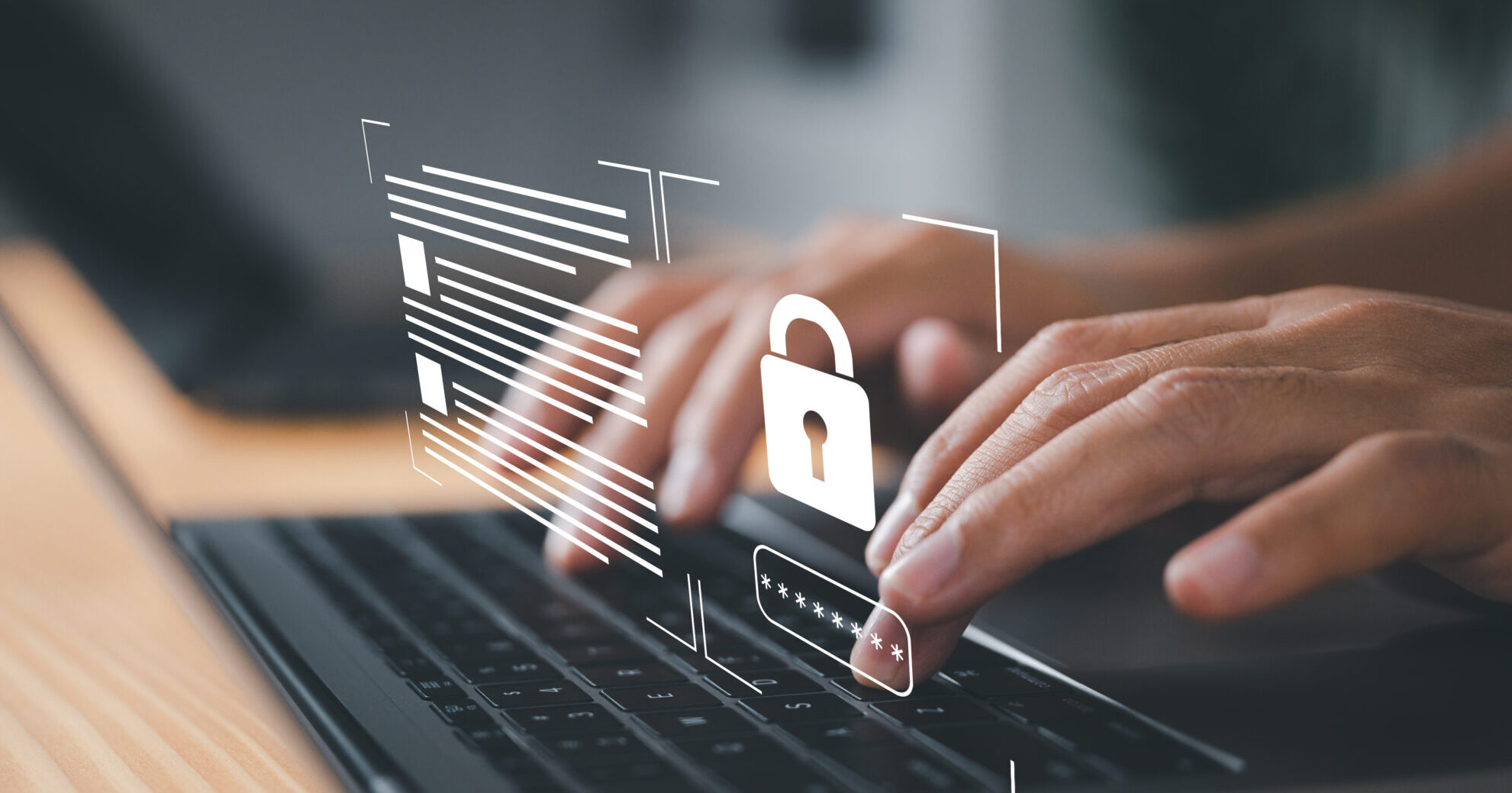The impact of IP address leaks on your privacy
The impact of IP address leaks on your privacy

How IP address "leakage" affects personal data privacy
An IP address is like a digital fingerprint on the Internet. It is used to identify your device and its location on the network. But what happens when your IP address falls into the hands of malicious actors? How can it affect your privacy and security on the web? Let's get to the bottom of this issue and learn how to protect yourself from potential threats.
How IP address leaks occur
IP address leakage is a concept worth scrutinizing, as it has huge implications for online security and data privacy. In the age of the digital world, where every device we work with gets its own IP ID, it is important to realize that an "IP leak" can be a tangible threat to online security.
On the surface, an IP address may seem like just a set of numbers, but it's actually a key that tells a story about your activities on the Web. When an "IP" becomes visible, it opens the door to potential tracking, surveillance and invasion of your privacy. The opportunities for abuse of a "leaked" address are vast - from intrusive advertising to identity theft.
Reasons for "leaking" an IP address include:
- Malware that may be installed on your device without your knowledge;
- Vulnerable websites that fail to provide adequate levels of privacy and protection for visitors' personal data;
- messengers that are installed on virtually every phone;
- an Internet Service Provider (ISP) that may have its own security issues.
In addition, such leaks can occur when using questionable applications. Of course, using products from Melbet, 1Win and other well-known brands, the user does not experience such problems. But little-known applications, especially those downloaded from dubious places, can contain a variety of dangers, including those related to IP leakage.
What makes an IP leak particularly dangerous? It can lead to the tracking of your online activity and the violation of your privacy. Attackers can use your IP information to track your behavioral patterns: monitor the websites you visit, analyze your interests, and use it for their own purposes.
Threats to the anonymity of personal data
"Leaking" an IP address poses a number of serious threats to digital security and privacy. One of the most tangible is exposure to attacks from hackers. When an IP address becomes known to third parties, it opens the door to targeted attacks, including DDoS, the growth of which has been recorded by the FBI, which can lead to loss of access to Internet resources or disruption of gadgets.
In addition, IP address "leaks" can result in unintended disclosure of online activity. Websites and online services can use your "IP" information to track and analyze browsing patterns and behavior on the Web. This opens the door for personal data to be collected and used for targeted advertising, marketing and other third-party purposes.
Moreover, IP discovery can lead to tracking of your location, which in turn leads to privacy and security issues, especially if this information falls into unscrupulous hands.
The legal and moral side of the issue
From a legal standpoint, IP "leaks" can run into issues regarding the protection of personal information and the right to privacy. There are a number of standards governing the collection, storage and use of personal data, and "leaking" an "ipi" may result in a breach of the requirements. This may arise under data protection and privacy legislation, as well as in the context of general laws governing internet security and privacy.
From a moral perspective, "leakage" raises issues related to respect and protection of personal data. In today's digital society, where personal information plays an increasingly important role, it is important to ensure the security and confidentiality of this information. Unauthorized access to personal information, including IP address, can carry morally unacceptable consequences, such as breaches of privacy and trust, as well as misuse of personal data.
How to protect yourself
Privacy protection in today's world plays a critical role in securing and maintaining control over personal data. "IP leaks can be a serious threat to online privacy, but there are several measures you can take to help reduce their adverse impact:
- Using a virtual private network (VPN). VPN allows you to disguise your real IP address and create an encrypted connection to the Internet, thus ensuring anonymity and privacy on the Web. In this case, the "leak" of the real "IP" becomes much less likely, providing an additional level of protection of confidential information while surfing the World Wide Web.
- Use only reliable applications from well-known brands. So, downloading the Melbet here application or using applications from Mostbet, Megapari and other well-known brands, you can not be afraid of problems. But it is better to refuse from dubious software.
- Using reliable antivirus software to help detect and eliminate malicious programs, including those that may be associated with IP address disclosure, in a timely manner. Regular updates of antivirus software are also essential to ensure reliable protection against potential threats.
- You should also pay attention to the security of the websites you visit and prefer using resources that support the HTTPS protocol. This helps ensure a secure and encrypted connection between your device and the website, minimizing the risk of third parties intercepting your data.
- It is especially important to be careful when disclosing personal information on the Web. Cautions and caution regarding the disclosure of personal data further help protect your online privacy.
© 2023 YouMobile Inc. All rights reserved





